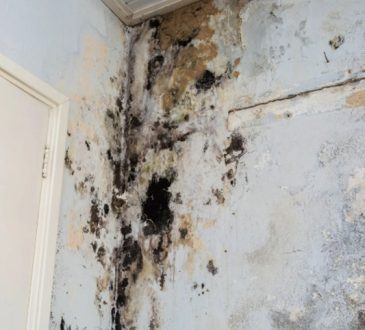
Swimming pools are an excellent addition to any backyard, providing entertainment and enhancing the overall quality of life. However, with the considerable investment involved, is a pool truly worth it in terms of increasing property value? Keep reading to explore how pools, along with quality fencing and proper fence repairs, can impact the value and appeal of your home.
Whether you’re considering installing a pool or upgrading your backyard with Leeds fencing solutions, understanding the long-term benefits is crucial. A well-maintained pool, complemented by durable fencing Leeds homeowners trust, not only boosts safety but also adds a touch of elegance to your property. Discover how fencing and thoughtful landscaping choices, including robust fencing options in Leeds, can make your backyard a valuable asset.

How a Swimming Pool Affects your Home’s Desirability
Your home’s desirability in the housing market depends on the buyer. Some buyers include a pool in their wish list while others rule out a house with a pool. The latter may not be into the idea of maintaining a pool or have small kids and fear drowning incidents. Also, where you live also matters. Swimming pools are desirable in warm places. In colder areas, they are only used for a few months every year and less desirable.
The Resale Value when Building a Pool
It is important to take into account many variables; however, experts estimate that a pool retains 15% to 25% of the original investment. You must expect the return on investment to fluctuate based on factors like condition and location. Your location has a direct effect on the pool’s residual value. The condition of the pool is another factor to consider. First, you need to enlist the services of a reputable contractor that does a good job and maintain the pool. These things will add some percentage points to the residual value of your pool.

Extra Expenses to Think About
When taking the return on investment into account, you must consider all costs. Aside from the average $21, 000 in upfront costs, you must also expect additional expenses. For instance, local and state regulations may require the addition of fencing around the pool. Also, pool construction can rip up your entire backyard and you will have to deal with new landscaping costs to improve the surrounding area.
Moreover, annual maintenance costs must also be considered. As a start, you must purchase chlorine, shock, and other chemicals for water treatment. You need to also maintain a water pump and pool filter which are both expensive. Finally, having a pool increases your utility bills as it takes energy to run the filter and heat the swimming pool itself. Such extra costs should be kept in mind when figuring out the true value a pool installation can add.
On a financial basis, a swimming pool construction may let you recover a small percentage of your investment. But, you must consider other factors such as market desirability and quality of life.



